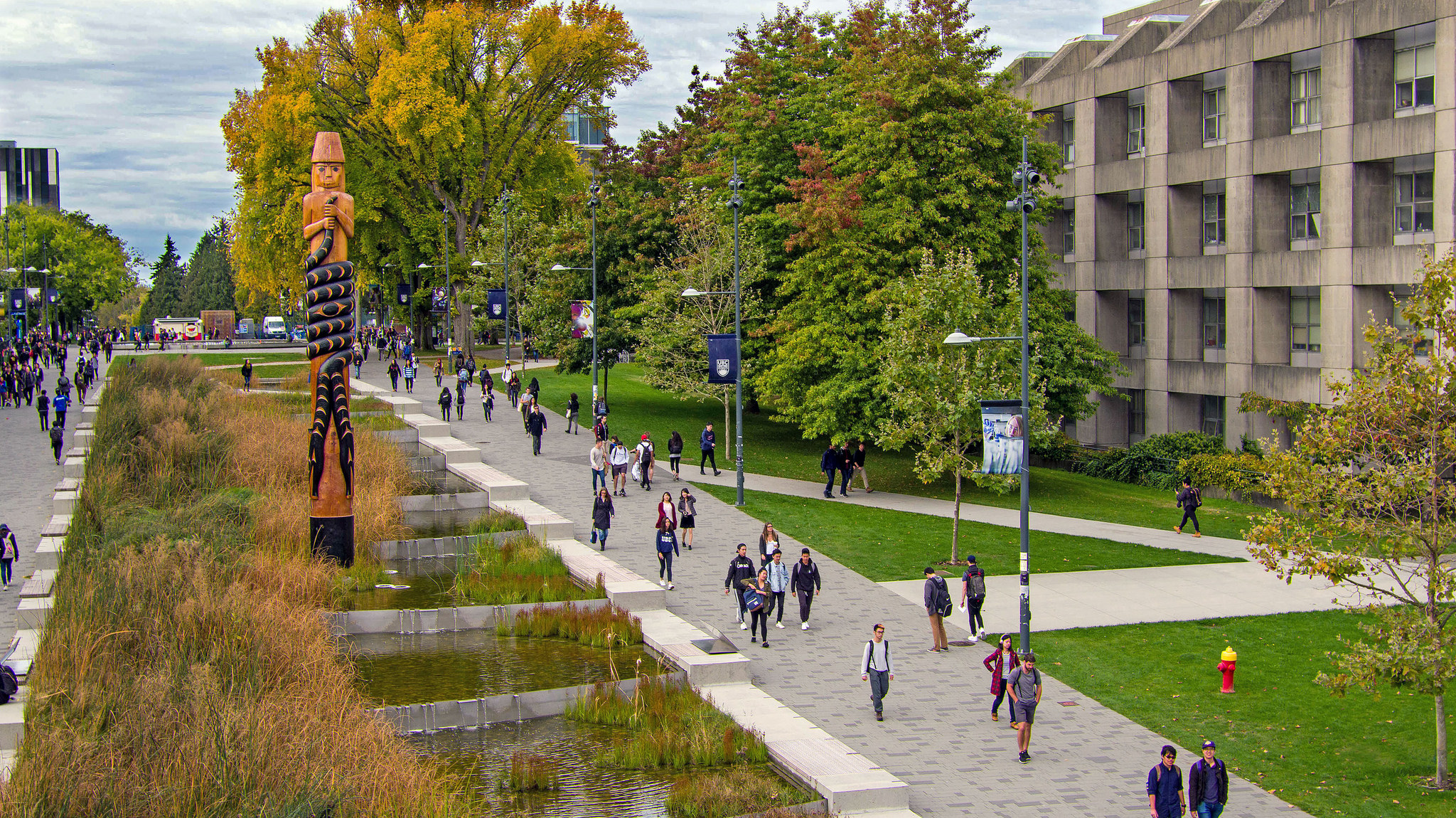Harvard computer scientist recruited to UBC through federal research program
December 13, 2017

December 13, 2017

A top computer scientist and entrepreneur from Harvard University will join UBC next September, thanks to the federal government’s Canada 150 Research Chairs Program.
Harvard professor Margo Seltzer will join UBC as the Canada 150 Research Chair in Computer Systems and the Cheriton Family Chair in Computer Science in September 2018, a position that comes with $1 million in federal funding per year for seven years. Seltzer is currently a computer science professor and director of the Center for Research on Computation and Society in the John A. Paulson School of Engineering and Applied Sciences at Harvard. As a researcher, Seltzer delves into problems that are fundamental to how computer systems work, with past research funded by prominent tech companies like Google, Microsoft, IBM, NetApp, and Oracle.
The Canada 150 Research Chairs Program will invest $117.6 million to enhance Canada’s reputation as a global centre for science, research and innovation excellence, in celebration of Canada’s 150th anniversary. It provides Canadian institutions with a one-time investment to attract top-tier, internationally based scholars and researchers to Canada.
Seltzer’s research focus is broad, ranging from developing hardware to make computers run faster, to applications in machine learning that build models to make predictions, and applications for computer systems in health care. A proven academic leader, Seltzer will also teach undergraduate students, supervise graduate and post-doctoral fellows and provide mentorship to fellow faculty interested in entrepreneurial opportunities for their research.
“Through the Canada 150 Research Chairs initiative, the federal government has given institutions like UBC an invaluable recruitment tool to attract top-tier, international scholars,” said UBC President Santa J. Ono. “Particularly in fields like computer science, it is challenging for universities to compete with the private sector for top talent. We are thrilled to welcome Margo to UBC and for the potential her recruitment offers for student learning, research and entrepreneurship opportunities in computer science at UBC and in Canada.”
Seltzer is particularly interested in using computer systems to improve education.
“There is a serious question about how we prepare students to learn and work in the presence of automation,” said Seltzer. “For so long, education has been about transferring information to students. Now that’s no longer the problem. We need to teach them how to interpret information and make connections. I look forward to working in an inclusive environment at UBC to tackle this issue.”
Seltzer has a proven track record for developing both hardware and software for industry. She was previously the Chief Technical Officer of Sleepycat Software, which was acquired by Oracle, a global provider of enterprise cloud computing, in 2006. She has since taken on a role as an architect at Oracle and plans to continue this role at their Vancouver office. At UBC, Seltzer will establish a new Computer Systems Laboratory to foster collaborations between academia and industry, to ensure that research is grounded in addressing real-world problems.
“Part of the reason for establishing the Computer Systems Laboratory at UBC is to develop an industry consortium. We can develop a collaboration between the university and the companies in the area. Businesses will benefit from getting access to our students and the technologies we’re working on, our research will benefit from insight into the most pressing problems confronting industry, and our students will benefit from job opportunities with our industry partners,” added Seltzer.
We honour xwməθkwəy̓ əm (Musqueam) on whose ancestral, unceded territory UBC Vancouver is situated. UBC Science is committed to building meaningful relationships with Indigenous peoples so we can advance Reconciliation and ensure traditional ways of knowing enrich our teaching and research.
Learn more: Musqueam First Nation